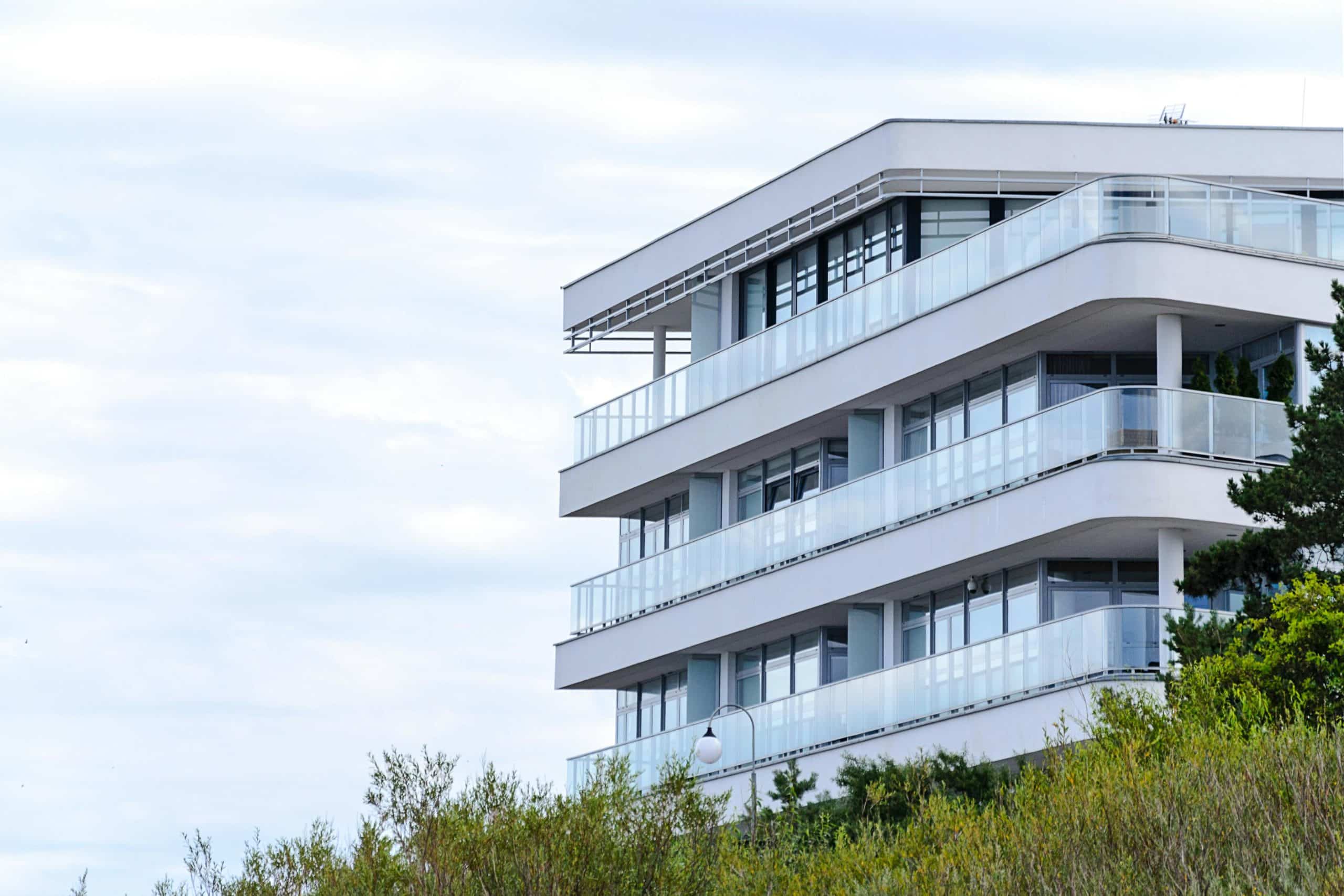Advancements in technology have raised the bar for property management, with smart solutions leading the charge for improved efficiency and cost-effectiveness. One such advancement is in the application of smart water meters. These devices track how much water is being consumed in a specific property, providing real-time data for utility management. If you manage multi-family residential buildings, integrating smart water meters is a strategy you need to consider.
Understanding Smart Water Meters
Before diving into the process of integrating smart water meters, it is important to understand what they are and how they work. Smart water meters are technologically advanced devices that measure water flow and consumption within a property. They are a significant upgrade from traditional meters, with their ability to transmit data wirelessly to a utility management system.
Sujet a lire : What Are the Prospects for Real Estate Growth Around new HS2 Stations?
Smart water meters are an essential part of submetering, a process that enables property managers to track the water usage of individual units in a multi-family residential building. With this information, managers can fairly bill residents for their actual water usage, rather than dividing the total building water bill equally among all residents regardless of their consumption.
Smart water meters can also offer real-time data allowing for prompt detection of leaks, preventing wastage, and saving money.
A lire en complément : How Can Property Developers Utilize Brown Roof Systems for Urban Biodiversity?
The Need for Smart Water Meters in Multi-family Residential Buildings
The need for smart meter solutions in multi-family residential buildings goes beyond fairness in billing. They play a crucial role in promoting sustainable water usage. By providing data about water consumption, smart meters can encourage residents to be more mindful of their water usage habits, leading to a reduction in wastage.
From a property management perspective, smart meters make it easier to manage multi-family buildings. They save time by eliminating the need for manual meter readings and allow for quick and accurate problem detection.
For instance, an unexplainable increase in water usage could indicate a leak somewhere in the building. With traditional meters, such an issue would be hard to pinpoint and could go undetected for a long time. However, with smart water meters, the problem can be identified and addressed in real time.
Steps to Integrate Smart Water Meters
Integrating smart water meters in multi-family residential buildings involves a series of steps:
- Evaluation: The first step involves evaluating the current water metering system in your property. You need to identify whether your existing meters can be upgraded to smart meters or if a complete replacement is necessary.
- Select a Vendor: Next, you will need to select a vendor who provides smart water meters. Consider factors like the cost, the technology used, the compatibility with your existing systems, the ease of installation, and the quality of customer service.
- Installation: Once you’ve selected your vendor, the next step is the installation of the meters. This will typically involve removing the old meters and installing the new ones.
- System Setup: After the meters are installed, you will need to set up the system that will receive and analyze the data from the meters. This could be a utility management system provided by the vendor or a third-party system that you choose.
- Testing: Lastly, the system needs to be tested to ensure everything is working correctly. This involves checking that the meters are correctly measuring water flow and that the data is being accurately transmitted to the management system.
Benefits and Challenges of Smart Water Meters
The benefits of integrating smart water meters into multi-family residential buildings are substantial. As earlier stated, they foster fair billing, encourage water conservation, and make building management more efficient. Additionally, they can help identify leaks in real time, preventing costly and wasteful water damage.
However, the transition to smart water meters also comes with its challenges. The initial cost of purchasing and installing the meters can be high. Additionally, there may be resistance from residents, especially if they are used to a flat-rate billing system.
It’s essential to communicate the benefits to the residents and explain how the new system will work to alleviate potential concerns. Providing them with easy access to their own consumption data can also be a powerful tool to gain their buy-in.
Future of Smart Water Meters
The future of smart water meters looks promising, with advancements in technology leading the way. In the future, we can expect smart meters to offer even more detailed data about water consumption, giving property managers even more tools to manage their properties efficiently.
While integrating smart water meters into your residential buildings might require a significant initial investment, the long-term benefits make it a worthwhile endeavor. From fairer billing to more efficient property management, and from promoting water conservation to detecting leaks in real time, the advantages are many. So, consider making smart water meters part of your property management strategy today.
The Digital Transformation of Water Metering
The integration of smart water meters into multi-family residential buildings is a significant step in the digital transformation of water metering. The rapid advancement in technology has facilitated the transition from traditional water meters to smart meters, enabling more accurate data collection and real-time monitoring of water usage.
In essence, smart meters have revolutionized the way property managers handle water submetering in residential buildings. They offer a more streamlined approach to monitoring water consumption, thus ensuring fair billing for all residents. By tracking water usage in individual apartments, property managers can identify high usage patterns and encourage residents to adopt more sustainable water usage habits.
Moreover, these technologically advanced devices also facilitate quick leak detection. They alert property managers about significant spikes in water consumption, allowing for immediate action to fix any potential leaks. This not only prevents wastage of water but also saves on repair costs that might arise from water damage.
In addition, smart water meters also remove the need for traditional meter reading. The wireless data transmission capabilities of these devices mean that property managers can remotely monitor water flow without having to manually read each meter. This significantly eases the task of managing water supply in multi-family residential buildings.
Conclusion: Embracing Smart Water Metering Solutions
The integration of smart water meters in multi-family residential buildings offers a host of benefits. From fair billing based on actual water consumption to real-time leak detection and efficient management of water supply, these advanced devices have indeed revolutionized water metering solutions.
Despite the initial investment required for their installation, the long-term savings and efficiency make smart meters a worthwhile addition to any residential building. They not only streamline the task of property management but also promote responsible water usage among residents.
As technology continues to evolve, we can expect further advancements in smart metering solutions. In the future, smart water meters could offer even more detailed insights into water consumption, providing property managers with additional tools to optimize water supply and reduce wastage.
In conclusion, smart water meters are an essential tool for modern property management. They offer a more efficient, accurate, and sustainable solution for monitoring water consumption in multi-family residential buildings. Thus, it is recommended that all property managers consider integrating smart water meters into their buildings.






